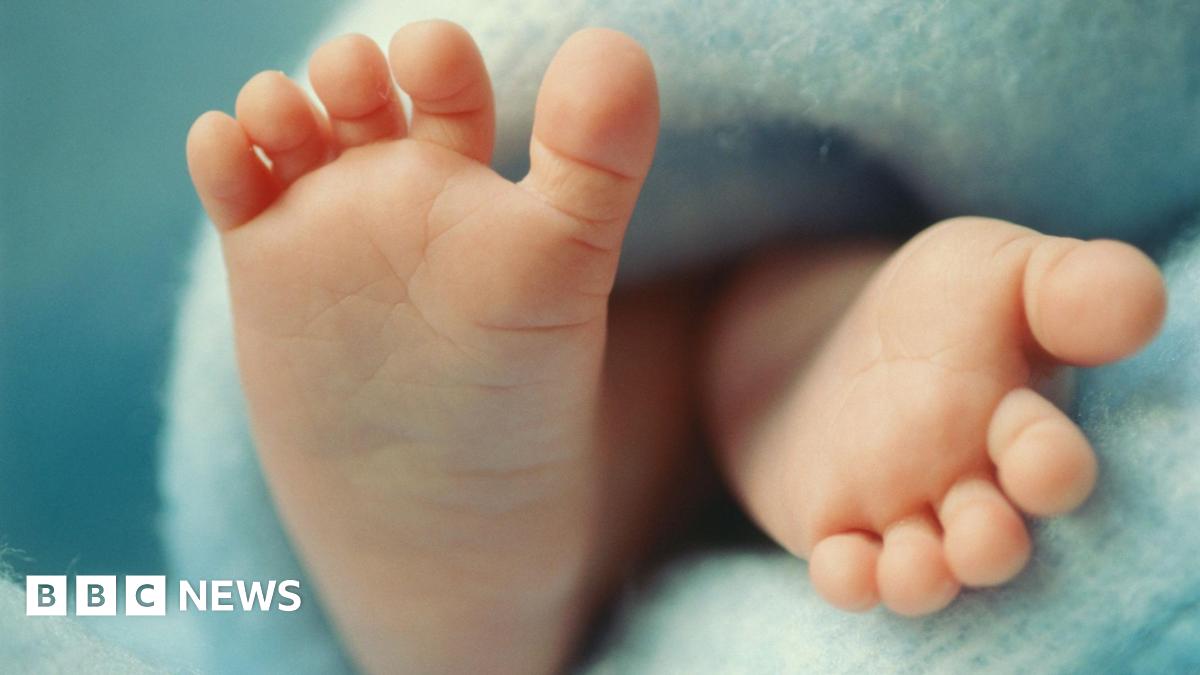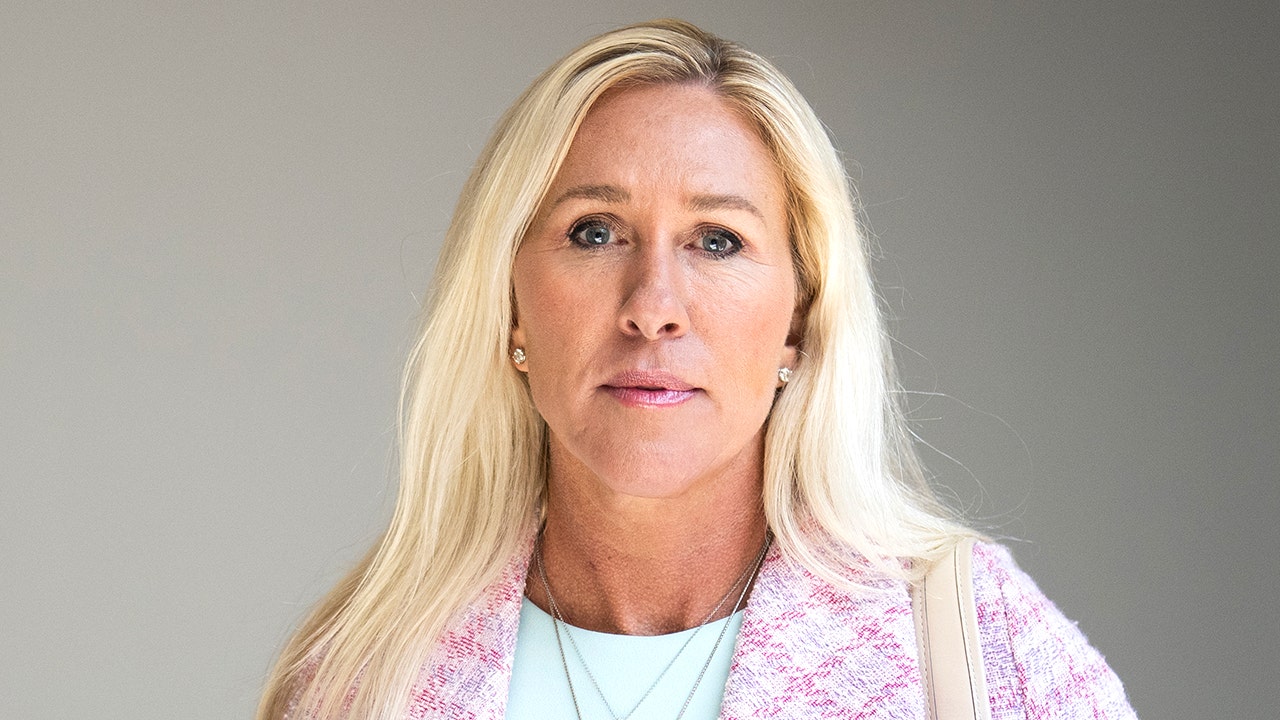New Hope For Families: Avoiding Inherited Diseases With Three-Person IVF

Welcome to your ultimate source for breaking news, trending updates, and in-depth stories from around the world. Whether it's politics, technology, entertainment, sports, or lifestyle, we bring you real-time updates that keep you informed and ahead of the curve.
Our team works tirelessly to ensure you never miss a moment. From the latest developments in global events to the most talked-about topics on social media, our news platform is designed to deliver accurate and timely information, all in one place.
Stay in the know and join thousands of readers who trust us for reliable, up-to-date content. Explore our expertly curated articles and dive deeper into the stories that matter to you. Visit Best Website now and be part of the conversation. Don't miss out on the headlines that shape our world!
Table of Contents
New Hope for Families: Avoiding Inherited Diseases with Three-Person IVF
Mitochondrial diseases, devastating genetic disorders passed down from mother to child, are offering a glimmer of hope thanks to advancements in reproductive technology. Three-Person IVF (In Vitro Fertilization), also known as mitochondrial donation, is emerging as a potential solution, allowing families to avoid passing on these debilitating conditions to their offspring. This groundbreaking procedure offers a lifeline to those carrying faulty mitochondrial DNA, promising healthier babies and a future free from inherited suffering.
Understanding Mitochondrial Diseases: A Silent Threat
Mitochondria, often called the "powerhouses" of the cell, are responsible for generating energy. When these tiny organelles malfunction due to faulty mitochondrial DNA (mtDNA), the consequences can be severe. Mitochondrial diseases affect various organs and systems, leading to a range of symptoms including muscle weakness, developmental delays, vision and hearing loss, heart problems, and neurological disorders. These conditions are often incurable and can significantly impact a child's quality of life. Because mtDNA is inherited almost exclusively from the mother, women carrying harmful mtDNA mutations face the difficult choice of whether to have children and risk passing on the disease.
Three-Person IVF: A Technological Breakthrough
Three-Person IVF offers a pathway around this devastating inheritance. This complex procedure involves replacing the faulty mtDNA in the mother's egg with healthy mtDNA from a donor. Here's a simplified breakdown of the process:
- Egg Extraction: The mother's eggs are retrieved.
- Mitochondrial Replacement: The nucleus (containing the mother's and father's nuclear DNA) is extracted from the mother's egg and transferred into a donor egg that has had its nucleus removed. This donor egg contains healthy mitochondria.
- Fertilization: The resulting egg, containing the mother and father's nuclear DNA and the donor's healthy mtDNA, is fertilized with the father's sperm through in-vitro fertilization.
- Implantation: The resulting embryo is implanted into the mother's uterus.
The child born through this procedure will inherit the majority of their genetic material from their biological parents, with only a tiny amount of mtDNA from the donor. This small contribution allows for the prevention of the mitochondrial disease, while preserving the child's genetic identity.
Ethical Considerations and Ongoing Debate
While offering a remarkable solution, Three-Person IVF has sparked significant ethical and societal debate. Concerns regarding the long-term health effects on the child, the genetic implications for future generations, and the psychological impact on families involved are all being actively researched and discussed. Regulatory frameworks surrounding this technology vary widely across the globe, reflecting the complex ethical considerations involved. [Link to a relevant ethical discussion article].
The Future of Three-Person IVF and Mitochondrial Disease Prevention
Despite the ongoing debate, Three-Person IVF is demonstrating promising results in preventing the transmission of mitochondrial diseases. Further research and clinical trials are crucial to fully understand the long-term safety and efficacy of this technology. As our understanding improves, Three-Person IVF may become a more widely available and accepted option for families at risk of inheriting these devastating conditions. This technology represents a powerful example of how medical advancements are addressing complex genetic challenges and providing new avenues for hope and healthier futures.
Call to Action: For more information on mitochondrial diseases and the latest advancements in reproductive technology, consult with a fertility specialist or visit reputable organizations dedicated to genetic counseling and reproductive health. Early genetic testing and counseling can be invaluable in making informed decisions about family planning.

Thank you for visiting our website, your trusted source for the latest updates and in-depth coverage on New Hope For Families: Avoiding Inherited Diseases With Three-Person IVF. We're committed to keeping you informed with timely and accurate information to meet your curiosity and needs.
If you have any questions, suggestions, or feedback, we'd love to hear from you. Your insights are valuable to us and help us improve to serve you better. Feel free to reach out through our contact page.
Don't forget to bookmark our website and check back regularly for the latest headlines and trending topics. See you next time, and thank you for being part of our growing community!
Featured Posts
-
 Skateboardings Past Meets Present A Look At The Revival
Jul 18, 2025
Skateboardings Past Meets Present A Look At The Revival
Jul 18, 2025 -
 Former Voa Employee Accused Of Threatening Marjorie Taylor Greene And Family
Jul 18, 2025
Former Voa Employee Accused Of Threatening Marjorie Taylor Greene And Family
Jul 18, 2025 -
 Israeli Strikes After Syria Sectarian Violence Assad Pledges Druze Safety
Jul 18, 2025
Israeli Strikes After Syria Sectarian Violence Assad Pledges Druze Safety
Jul 18, 2025 -
 Controversy Erupts Diane Abbotts Remarks Spark Debate On Racism
Jul 18, 2025
Controversy Erupts Diane Abbotts Remarks Spark Debate On Racism
Jul 18, 2025 -
 Exclusive Amaya And Bryan Discuss Their Relationship Goals After Love Island Usa
Jul 18, 2025
Exclusive Amaya And Bryan Discuss Their Relationship Goals After Love Island Usa
Jul 18, 2025
Latest Posts
-
 Experienced Coach Dies After Separating From Hiking Group In National Park
Jul 18, 2025
Experienced Coach Dies After Separating From Hiking Group In National Park
Jul 18, 2025 -
 Cult Of Personality Sanders Sharp Criticism Of Trumps Gop
Jul 18, 2025
Cult Of Personality Sanders Sharp Criticism Of Trumps Gop
Jul 18, 2025 -
 Rac Investigation Rising Kiss And Fly Fees At Major Uk Airports
Jul 18, 2025
Rac Investigation Rising Kiss And Fly Fees At Major Uk Airports
Jul 18, 2025 -
 Uk Airport Kiss And Fly Fees Soar Rac Report Highlights Increases
Jul 18, 2025
Uk Airport Kiss And Fly Fees Soar Rac Report Highlights Increases
Jul 18, 2025 -
 Karate Kid Legends Tops Weekly Fandango Rentals Sonys Success
Jul 18, 2025
Karate Kid Legends Tops Weekly Fandango Rentals Sonys Success
Jul 18, 2025
